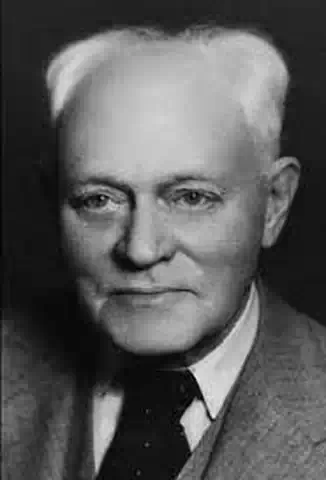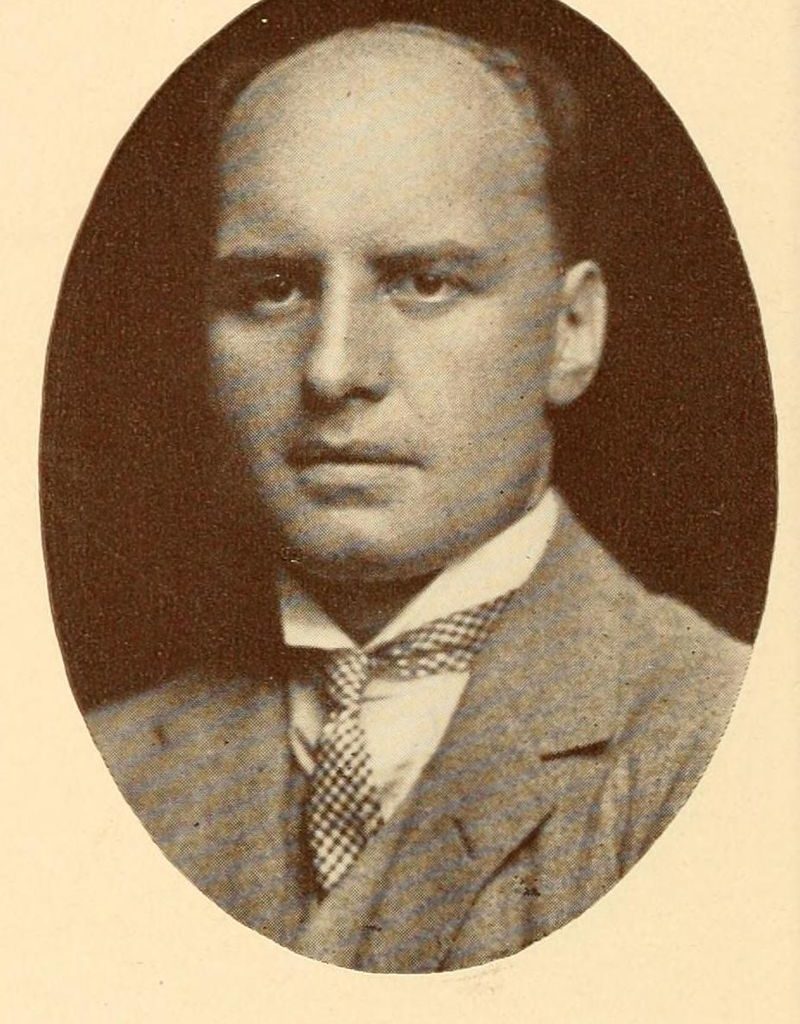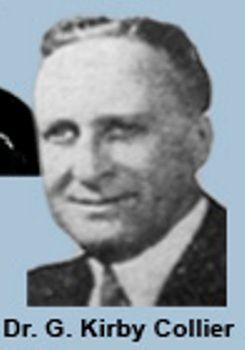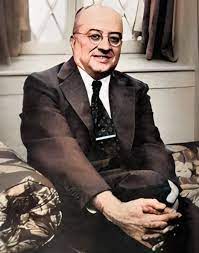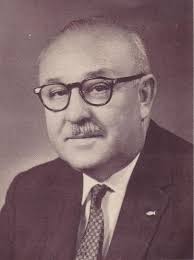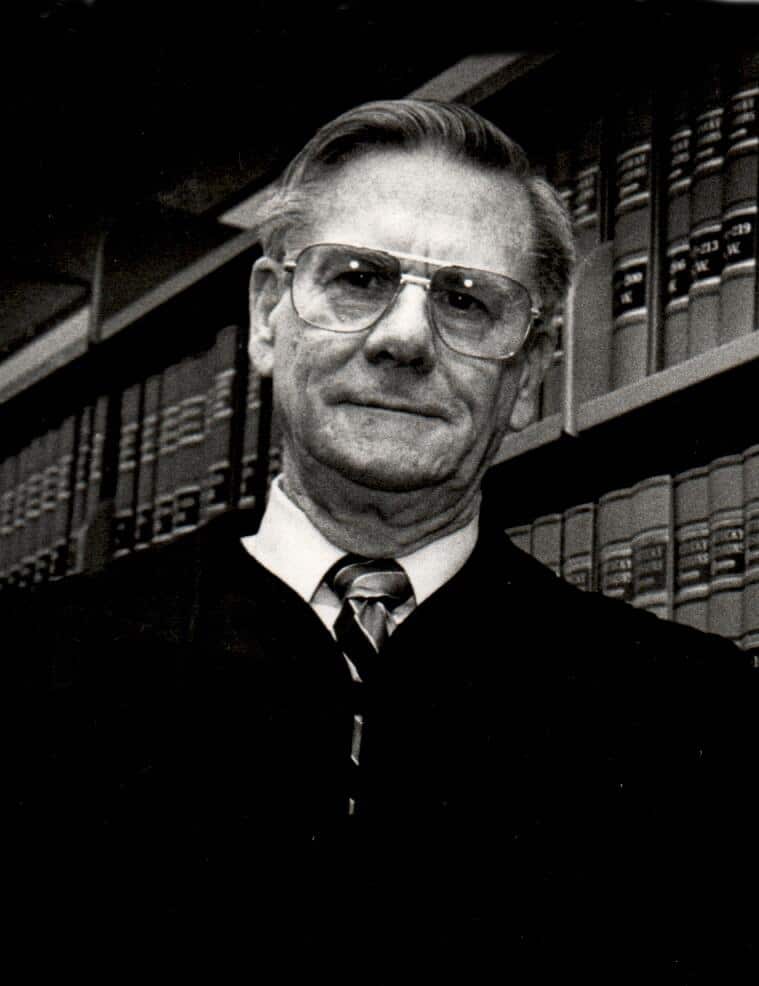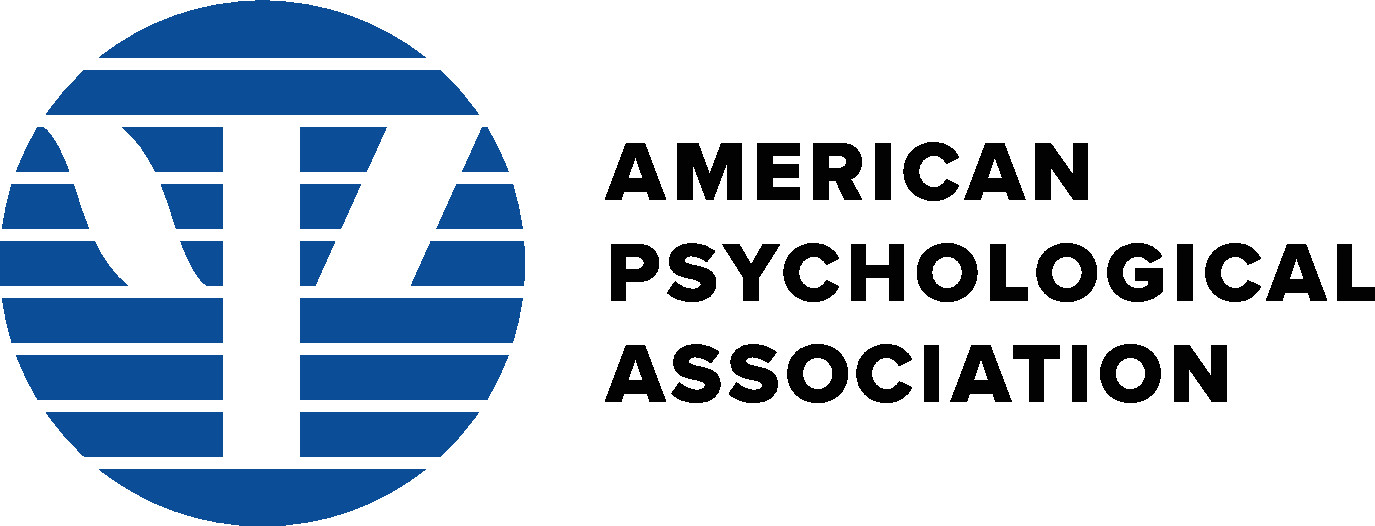History
Alcoholics Anonymous (AA) was founded in 1935 by Bill Wilson (known as Bill W.) and Dr. Robert Smith (known as Dr. Bob). Subsequently, The history of Alcoholics Anonymous (AA) has been documented in books, movies, and AA literature. This history begins with the group’s early struggles and continues through its worldwide growth.
In post-Prohibition 1930s America, it was common to perceive alcoholism as a moral failing, and the medical profession standards of the time treated it as a condition that was likely incurable and lethal.[2] Those without financial resources found help through state hospitals, the Salvation Army, or other charitable and religious groups. Those who could afford psychiatrists or hospitals were subjected to a treatment with Barbiturate and Belladonna known as “purge and puke”[3] or were left in long-term asylum treatment.
The Doctor’s Opinion

What is the cause of my drinking? When I begin drinking I never intend for it to get so out of control. When I sober up I vow that I’ll never do it again but the day always comes when I drink again. What is wrong with me? Am I supposed to take the advice of a bunch of drunks? What does the medical community think of their program of recovery?
William Silkworth, M.D., a non-alcoholic, gives us his opinion of the soundness of the program of recovery outlined in this book. He also explains his theory of why alcoholics are unable to control their drinking. The doctor’s description of alcoholism shows clearly the dire physical condition of the alcoholic. This illustration begins to explain why the alcoholic is seemingly beyond help.
Dr. Silkworth was the medical director, specializing in the treatment of alcoholics and drug addicts, at the Charles B. Towns Hospital located in New York. What better credentials could a person have to review this program of recovery? Dr. Silkworth’s appraisal of A.A.’s program shows this great appreciateion for it’s effectiveness. He recounts instances of alcoholics, whom he doubted could ever recover, being restored to health by the application of the principles set forth in this volume.
Dr. Silkworth’s theory is that the craving an alcoholic experiences after the consumption of alcohol is the manifestation of an allergy. This seems to make sense in light of our experience. The doctor’s description of the physical symptoms of alcoholism helps us to diagnose ourselves. The doctor continues to describe the symptoms of alcoholism and the different types of alcoholics. Dr. Silkworth plainly states that the general opinion among physicians is that chronic alcoholics are doomed. The doctor finishes on a hopeful note describing how two early A.A. members, though seemingly hopeless, discovered and applied the solution offered in this book.
Dr. Silkworth’s advice is for us to read the book through. His hope is that we will accept the solution offered therein
How It Works

Rarely have we seen a person fail who has thoroughly followed our path. Those who do not recover are people who cannot or will not completely give themselves to this simple program, usually men and women who are constitutionally incapable of be ing honest with themselves. There are such unfortunates. They are not at fault; they seem to have been born that way. They are naturally incapable of grasping and developing a manner of living which demands rigorous honesty. Their chances are less than average. There are those, too, who suffer from grave emotional and mental disorders, but many of them do recover if they have the capacity to be honest.
Our stories disclose in a general way what we used to be like, what happened, and what we are like now. If you have decided you want what we have and are willing to go to any length to get it—then you are ready to take certain steps.
At some of these we balked. We thought we could find an easier, softer way. But we could not. With all the earnestness at our command, we beg of you to be fearless and thorough from the very start. Some of us have tried to hold on to our old ideas and the result was nil until we let go absolutely.
Remember that we deal with alcohol—cunning, baffling, powerful! Without help it is too much for us. But there is One who has all power—that One is God. May you find Him now!
Half measures availed us nothing. We stood at the turning point. We asked His protection and care with complete abandon. Here are the steps we took, which are suggested as a program of recovery:
- We admitted we were powerless over alcohol—that our lives had become unmanageable.
- Came to believe that a Power greater than ourselves could restore us to sanity.
- Made a decision to turn our will and our lives over to the care of God as we understood Him.
- Made a searching and fearless moral inventory of ourselves.
- Admitted to God, to ourselves, and to another human being the exact nature of our wrongs.
- Were entirely ready to have God remove all these defects of character.
- Humbly asked Him to remove our shortcomings.
- Made a list of all persons we had harmed, and became willing to make amends to them all.
- Made direct amends to such people wherever possible, except when to do so would injure them or others.
- Continued to take personal inventory and when we were wrong promptly admitted it.
- Sought through prayer and meditation to improve our conscious contact with God as we understood Him, praying only for knowledge of His will for us and the power to carry that out.
- Having had a spiritual awakening as the result of these steps, we tried to carry this message to alcoholics, and to practice these principles in all our affairs.
Many of us exclaimed, “What an order! I can’t go through with it.’’ Do not be discouraged. No one among us has been able to maintain anything like perfect adherence to these principles. We are not saints. The point is, that we are willing to grow along spiritual lines. The principles we have set down are guides to progress. We claim spiritual progress rather than spiritual perfection.
Our description of the alcoholic, the chapter to the agnostic, and our personal adventures before and after make clear three pertinent ideas:
- That we were alcoholic and could not manage our own lives.
- That probably no human power could have relieved our alcoholism.
- That God could and would if He were sought.
چگونگی عملکرد
به ندرت کسی را دیدهایم که راه ما را با جدیت بپیماید و به مقصد نرسد، کسانی که بهبود نمییابند آنهایی هستند که نمیخواهند و یا نمیتوانند خود را کاملاً به این برنامه ساده بسپارند، معمولاً آنان مردان و زنانی هستند که اساساً نمیتوانند با خود صادق باشند، متاسفانه چنین اشخاصی وجود دارند، این دسته مقصر نیستند و ظاهراً اینگونه به دنیا آمدهاند، اینان طبیعتاً نمیتوانند روش زیستی را که نیاز به صداقت کامل دارد در پیش گیرند و امکان موفقیتشان کمتر از حد معمول است، افرادی نیز وجود دارند که از آشفتگیهای روحی و روانی شدید رنج میبرند اما بسیاری از آنان قابل به بهبودیاند، مشروط بر آنکه توانایی صادق بودن را داشته باشند.
داستانهای ما بطور کلی بیان کننده نحوه زندگی ما در گذشته، اتفاقی که برایمان افتاد و چگونگی زندگی ما در حال حاضر است، چنانچه طالب راه ما هستید و برای بدست آوردنش از هیچ کوششی فروگذاری نمیکنید، در آن صورت آمادهاید که قدمهای مشخصی را بردارید.
ما در برداشتن بعضی از این قدمها طفره رفتیم و تصور کردیم میتوانیم راهی آسانتر پیدا کنیم، لیکن نتوانستیم صمیمانه از شما تقاضا داریم که از ابتدا کاملاً بیپروا و جدی باشید، بعضی از ما سعی کردیم به عقاید کهنه خود بچسبیم اما هیچ نتیجهای نگرفتیم، تا آنکه کاملاً تسلیم شدیم.
به خاطر داشته باشید که با الکل سروکار داریم که حیله گر، مبهوتکننده و با قدرت است، بدون کمک غلبه بر آن بسیار دشوار می باشد، اما مرجعی وجود دارد که تمام قدرتها در دست اوست و آن پروردگار است، باشد که اکنون او را پیدا کنید، از میانبرها حاصلی نـگرفتیم، بر سر دوراهـی رسیدیم، خود را کاملاً به او سپردیم و تقاضای حمایت کردیم، اینها قدمهایی است کـه ما برداشــتیم و بع عنوان یک برنامـــه بهبودی پیشنهاد میشوند: ما پذیرفتیم که در مقابل الکل عاجز بودیم و اختیار زندگیمان از دستمان خارج شده بود.
۱- ما پذیرفتیم که در مقابل الکل عاجز بودیم و اختیار زندگیمان از دستمان خارج شده بود.
۲- ایمان آوردیم که نیرویی مافوق میتواند سلامت عقل را به ما بازگرداند.
۳- تصمیم گرفتیم که اراده و زندگیمان را به پروردگاری که خود درک میکردیم بسپاریم.
۴- یک ترازنامه اخلاقی بیباکانه و موشکافانه از خود تهیه کردیم.
۵- چگونگی دقیق خطاهای خود را به خداوند، خود و یک انسان دیگر اقرار کردیم.
۶- آمادگی کامل پیدا کردیم که پروردگار کلیه نواقص اخلاقی ما را مرتفع کند.
۷- با فروتنی از او خواستیم کمبودهای اخلاقی ما را بر طرف کند.
۸- فهرستی از تمام کسانی که به آنها زیان رسانده بودیم تهیه کردیم و درصدد جبران برآمدیم.
۹- به طور مستقیم در هرجا امکان داشت از افراد فوق جبران خسارت کردیم، مگر در مواردی که انجام آن زیان مجددی بر ایشان و یا دیگران وارد کند.
۱۰- به تهیه ترازنامه شخصی خود ادامه دادیم و در صورت قصور بلافاصله بدان اقرار کردیم.
۱۱- از راه دعا و مراقبه کوشیدیم به پروردگاری که خود درک می کردیم نزدیکتر شویم و فقط طالب آگاهی از خواست او برای خود و قدرت اجرایش شدیم.
۱۲- با بیداری روحانی حاصل از برداشتن این قدمها سعی کردیم این پیام را به الکلیها برسانیم و این اصول را در تمام موارد زندگی خود به اجرا درآوریم.
بسیاری از ما با شگفتی فریاد زدند:
این چه برنامهای است، من نمیتوانم آن را انجام دهم. مایوس نشوید! هیچ یک از ما نتوانستیم این اصول را به طور کامل و بینقص رعایت کنیم، ما از مقدسین نیستیم، نکته اینجاست که خواستار رشد و نمو معنوی باشیم، ما ادعای پیشرفت معنوی داریم نه تکامل.
قدم های ۱۲ گانه
- ما پذیرفتیم که در مقابل الکل عاجز بودیم و اختیار زندگیمان از دستمان خارج شده بود.
- ایمان آوردیم که نیرویی مافوق میتواند سلامت عقل را به ما بازگرداند.
- تصمیم گرفتیم که اراده و زندگیمان را به پروردگاری که خود درک میکردیم بسپاریم.
- یک ترازنامه اخلاقی بیباکانه و موشکافانه از خود تهیه کردیم.
- چگونگی دقیق خطاهای خود را به خداوند، خود و یک انسان دیگر اقرار کردیم.
- آمادگی کامل پیدا کردیم که پروردگار کلیه نواقص اخلاقی ما را مرتفع کند.
- با فروتنی از او خواستیم کمبودهای اخلاقی ما را بر طرف کند.
- فهرستی از تمام کسانی که به آنها زیان رسانده بودیم تهیه کردیم و درصدد جبران برآمدیم.
- به طور مستقیم در هرجا امکان داشت از افراد فوق جبران خسارت کردیم، مگر در مواردی که انجام آن زیان مجددی بر ایشان و یا دیگران وارد کند.
- به تهیه ترازنامه شخصی خود ادامه دادیم و در صورت قصور بلافاصله بدان اقرار کردیم.
- از راه دعا و مراقبه کوشیدیم به پروردگاری که خود درک می کردیم نزدیکتر شویم و فقط طالب آگاهی از خواست او برای خود و قدرت اجرایش شدیم.
- با بیداری روحانی حاصل از برداشتن این قدمها سعی کردیم این پیام را به الکلیها برسانیم و این اصول را در تمام موارد زندگی خود به اجرا درآوریم.
سنتهای دوازدهگانه
- منافع مشترک ما باید در راس کار ما قرار گیرد ، بهبودی هر یک از ما به یگانگی الکلیهای گمنام بستگی دارد .
- در ارتباط گروهی ما فقط یک مرجع وجود دارد و آن پروردگار مهربان است، بدانگونه که خود را در وجدان گروه بیان کند ، پیشوایان ما خدمتگزاران صادقند و حکومت نمی کنند.
- تنها لازمه عضویت در الکلیهای گمنام تمایل به ترک الکل است.
- هر گروه باید مستقل باشد به استثناء مواردی که به دیگر گروهها و الکلیهای گمنام در جمع تاثیر بگذارد.
- هر گروه فقط یک هدف اصلی دارد و آن رساندن پیام خود به الکلیهائیست که هنوز در عذابند.
- الکلیهای گمنام هرگز نباید هیچ موسسه مرتبط و یا هر سازمان دیگری را تایید کند و یا کمک مالی نماید و یا اجازه استفاده از نام الکلیهای گمنام را بدانها بدهد، زیرا ممکن است که مسائل مالی، ملکی و شهرت، ما را از هدف اصلی خود منحرف سازد.
- هر گروه الکلیهای گمنام باید کاملاً خودکفا باشد و کمکی از خارج دریافت نکند.
- الکلیهای گمنام باید برای همیشه غیر حرفهای باقی بماند اما مراکز خدماتی ما میتوانند کارمندانی استخدام کنند.
- ما تحت عنوان الکلیهای گمنام هرگز نباید متشکل شویم اما می توانیم هیأتها و کمیتههایی تشکیل دهیم که مستقیماً در برابر گروه مسئول باشند.
- الکلیهای گمنام هیچ عقیده ای در مورد موضوعات خارجی ندارد و نام الکلیهای گمنام هرگز نباید وارد به مسائل اجتماعی شود.
- خطمشی روابط عمومی ما بنابر اصل جاذبه است نه تبلیغ، ما باید همیشه گمنامی خود را در سطح مطبوعات، رادیو و فیلم حفظ کنیم.
- گمنامی اساس روحانی تمام سنتهای ما میباشد و همیشه یادآور این است که اصول اخلاقی را به شخصیتها ترجیح دهیم.
